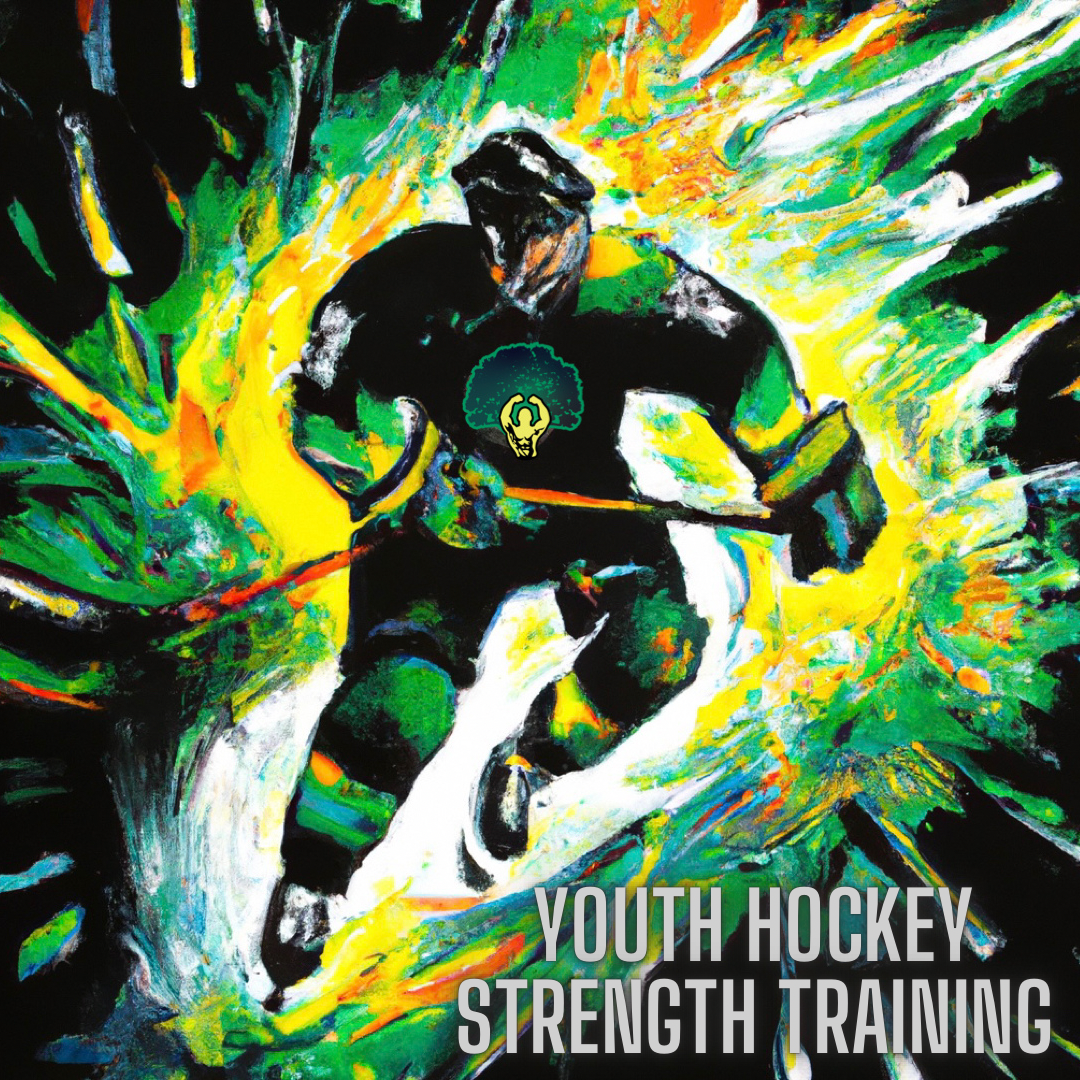The Surprising Reason Why Strength Training is Essential for Young Hockey Players
Strength Training: A Mighty Oak Foundation for Young Hockey Players
In the world of youth sports, hockey stands out as a demanding and fast-paced game. To excel, young athletes need more than just skill on the ice; they need strength, endurance, and resilience. Strength training, often overlooked in youth sports, is crucial for young hockey players. Like a mighty oak that grows strong and steady, incorporating strength training in a child’s athletic regimen can have extensive benefits.
Safety First
Contrary to popular belief, strength training is safe for kids when done correctly. It is not about lifting heavy weights but rather focuses on resistance training using body weight or light weights. Proper technique, supervised by a qualified professional, ensures kids train without the risk of injury.
Building Strength and Endurance
Strength training helps to build the muscles that are essential for hockey. It aids in the development of core strength, leg power, and upper body stability. Enhanced muscle endurance allows players to maintain high levels of performance throughout the game, giving them the stamina they need during those critical third-period moments.
Injury Prevention
A well-structured strength training program can fortify a young athlete’s body, making it more resilient to the strains of competitive hockey. By improving muscle balance, strength training helps in preventing overuse injuries and reduces the risk of strains and sprains on the ice.
Improved Athletic Performance
Strength training complements the skills learned on the ice, making movements more powerful and precise. A stronger player can skate faster, shoot harder, and stay more stable during collisions and checks, all of which are critical components of effective hockey play.
Psychological Benefits
Beyond the physical, strength training instills a sense of discipline, goal-setting, and accomplishment. These are valuable life skills that translate into increased self-confidence and mental toughness, both on and off the ice.
Implementing Strength Training
For a young hockey player, a strength training program might include bodyweight exercises like squats and planks, resistance band exercises, and light free-weight training under professional supervision. It’s essential to start with proper form and technique, progressively increasing intensity and complexity.
Like the mighty oak, a young hockey player needs a strong and resilient foundation to thrive. Strength training, when conducted safely and effectively, provides that foundation. It’s an investment in the overall health and performance of young athletes, promising a future where they are not only stronger but also smarter and more confident players on the ice.

